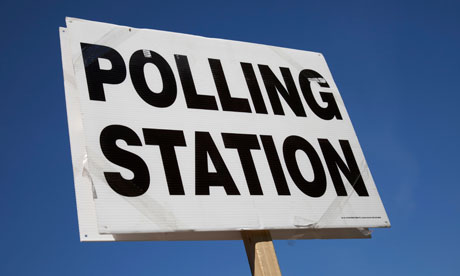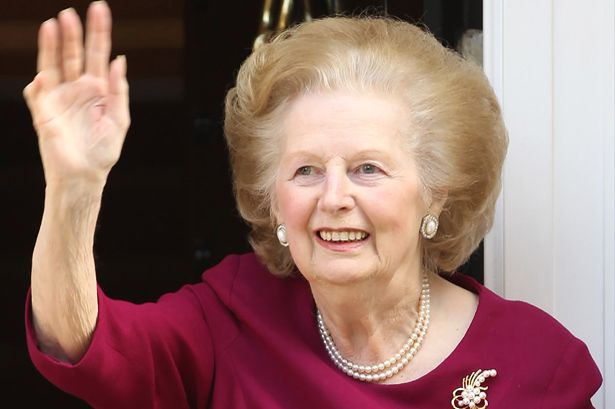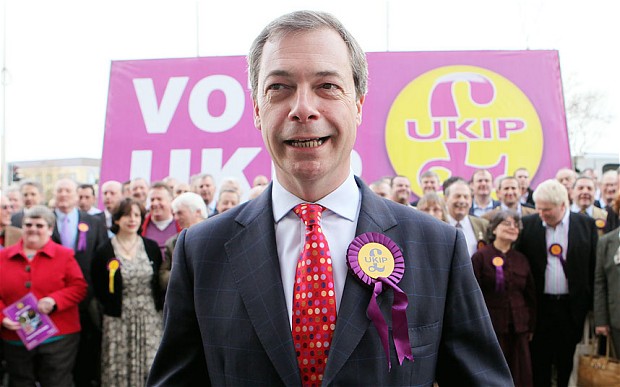The first week in May is always an exciting one for political anoraks, as people go the polling stations in their droves (maybe) and take part in democracy by choosing their elected representatives. This time around it is mainly county seats up for grabs, which means that while there won’t be as many of them, the impact which those elected can have in communities is significant.
This is a strange time in the electoral cycle, with still more than two years to go until the next general election. None of the three parties has moved towards anything even remotely looking like a manifesto or even an idea of what might be included in one come 2015.
The county seats up for election this time round were last contested in 2009; that strange, distant time when anything seemed politically possible in Britain but most politicians were hiding away trawling through their expense claims.
Gordon Brown was the prime minister who, despite being widely regarded as saving the global financial system, was one of the most unpopular in living memory. David Cameron was leading his Conservatives to what appeared to be an irresistible landslide in 2010 and cheeky Nick Clegg was the darling of the disaffected. Then there was UKIP, seen back then as a slightly oddball bunch who might be good for a protest vote at the European elections but not for much else.
So what can we be looking out for this week to give as an indication of what the future might hold?
Don’t expect big Labour gains
Remember most of the seats up for election are in the Conservative strongholds of the Home Counties and the rest of the ‘Shires’. While Labour should make good gains in the midlands and further north, Nottinghamshire, Derbyshire, Cumbria and the like, don’t expect any big breakthrough anywhere else in the country. Anything more than a 400 councillor net gain would be a pretty remarkable result for Labour.
The UKIP factor
Having spoken to those campaigning in a few places around the country, feedback from the doorstep seems to be that while people are more inclined to think about UKIP, the actual effect they will have on the results remains minimal, perhaps between 5-10% in some seats, but in most places not even that much. As usual though, UKIP may end up being more of a threat in the safest Tory seats, so look out for Buckinghamshire, Suffolk and West Sussex for a good showing, picking up no more than 10-20 seats overall. David Cameron will also be watching his own backyard of Oxfordshire closely.
Can the Tories hold their own
It’s the nature of the cycle of support that about halfway through a Parliament the governing party has to defend seats won when they were in opposition, and they do so badly. In the 1990s Tony Blair won crazy council seats in places Labour would never usually even stand, then haemorrhaged those winnings throughout his premiership. There have been plenty of predictions on both sides as to how badly they will fare, with the Tories saying up to 800 losses and Labour saying 400ish, probably somewhere in the middle is a reasonable prediction. Don’t forget that many people in the Tory heartlands are not only largely unaffected by the cuts to public expenditure, but indeed actively support it and believe more can be done quicker.
What about the Lib Dems
In many ways 2009 was the high water mark for the Liberal Democrats. The time when voters still believed all that stuff about being Social Democrats and wanting to abolish tuition fees before they made their pact with the Conservatives and appeared to give it all up. However, don’t discount them here, while they will undoubtedly take some losses, the ability of the Lib Dems to dig in once elected is well known, and on top of that they have some very hardworking local councillors. After the recent Eastleigh by-election a Labour foot soldier was heard to remark that “after the nuclear apocalypse the only two creatures surviving will be the cockroaches and the Liberal Democrats telling everyone that the cockroaches aren’t local.”
The Independence question
One thing that makes local elections slightly more difficult to predict than general elections is the role independent councillors play. Many communities don’t want a member of a political party to represent them, much preferring to have someone who has, in the voters’ mind, only the interests of the area at heart, rather than some political career ambitions. This may have more bearing this time, given that in 2009 the expenses ‘scandal’ lowered the standing of any politician in the public mind.
Three things are certain on every election day and in those which immediately follow. Firstly, there will be some results which are total anomalies and don’t stand up to any analysis. Secondly, every party will say that the election had nothing to do with them, but was a damning indictment on the state of the other party/their leader/their policies/their lack of policies. Thirdly, the most sobering though for those of us who are interested, the vast majority of people don’t care about the elections, the candidates or the results.


